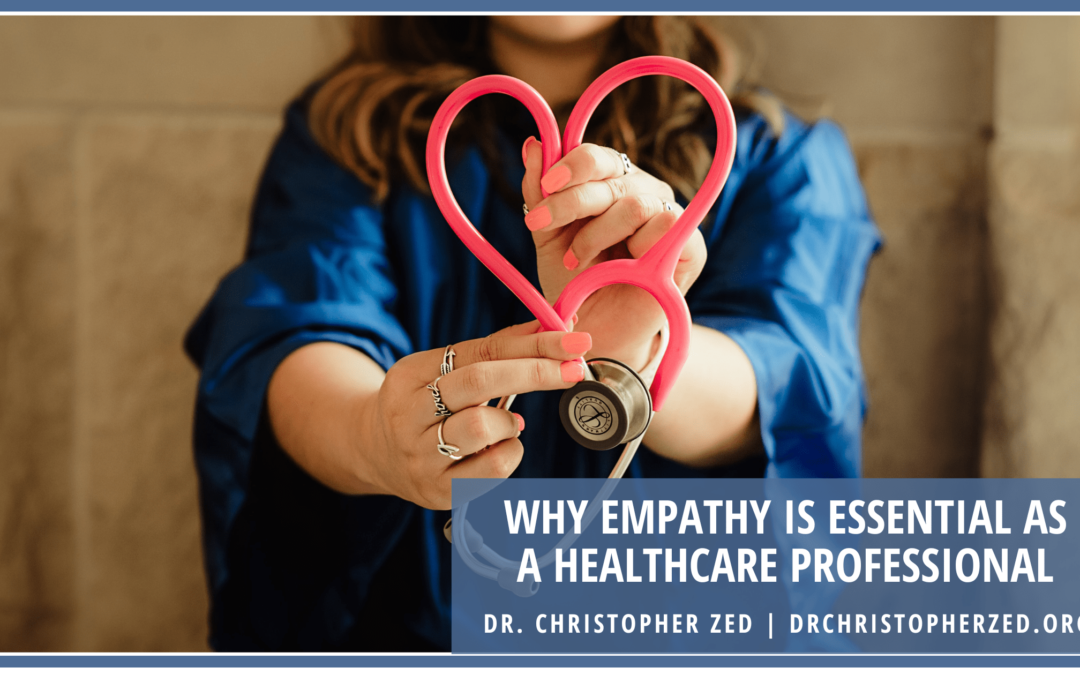Empathy is a skill that people can use to understand and relate to other’s feelings and emotions. This is especially helpful in healthcare settings, where patients often ask questions that prioritize their feelings.
Being able to show empathy can also help improve patients’ quality of care. It can build trust and improve the health outcomes of those receiving care. In this article are the benefits of developing empathy and how it can help you succeed in your career in healthcare.
Develops Trust
Practicing empathy in healthcare can positively impact the relationships between patients and healthcare providers. It can help them establish trust with their patients. Their bond between patients and healthcare providers can help improve the continuity of their treatment. It can also help patients feel more comfortable sharing their concerns with the provider.
Openness to Treatment
To improve the quality of care, it’s vital that patients feel comfortable discussing their concerns with the providers. This can be done through compassionate communication, prioritizing the patient’s emotions.
Nonverbal cues can also help clinicians identify a person’s concerns. They can start a dialogue to help improve the patient’s health by being attentive to them. An empathetic individual uses these cues to create an outcome that can help improve the patient’s adherence to their treatment.
Enhanced Experience
A system that prioritizes empathy can help healthcare providers improve their patients’ experience. This can help maintain a long-term relationship between patients and doctors and develop honesty and trust. A positive experience can also help patients’ emotional health, pain levels, and physiological responses.
Reduced Chance of Malpractice
Healthcare quality can be improved by having a positive relationship between patients and healthcare providers. Being able to connect with patients through empathy can help prevent medical malpractice. Talking openly with patients can help generate better diagnoses and improve the management of conditions. This can also help prevent medical errors in the workplace.
Better Outcomes
The connection between patients and healthcare providers significantly improves the quality of care and prevents misdiagnoses. It can also help patients feel more comfortable sharing their concerns with the provider. A positive relationship with medical professionals can help prevent burnout and dissatisfaction among healthcare workers.

